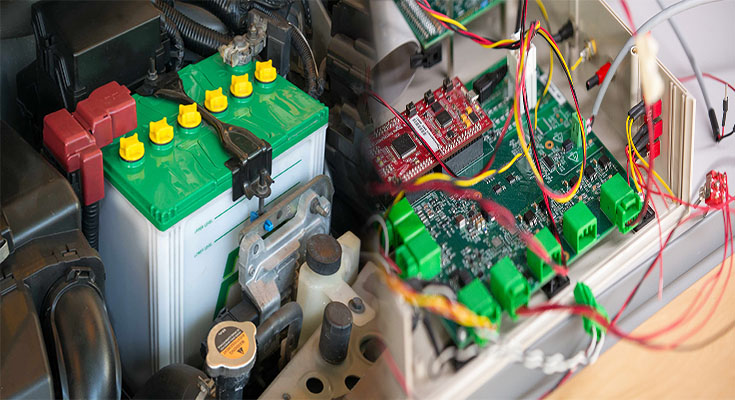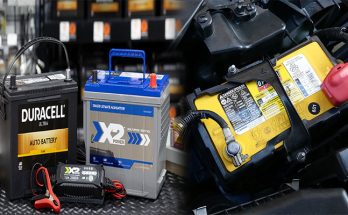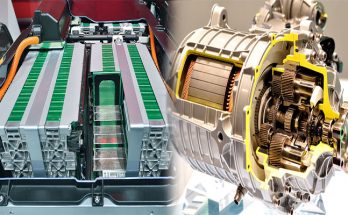When it comes to vehicle battery performance, two types of batteries dominate the market: lithium-ion and lead-acid. Both have their pros and cons, and understanding the differences can help vehicle owners make an informed decision. In this article, we will compare the performance of lithium-ion and lead-acid batteries to help you determine which one is best suited for your vehicle.
Lithium-ion batteries have gained popularity in recent years due to their high energy density, longer lifespan, and lighter weight compared to lead-acid batteries. These batteries are commonly used in electric vehicles (EVs), hybrid vehicles, and even some conventional cars. Their superior performance lies in their ability to provide a higher voltage output, enabling greater acceleration and range.
Lead-acid batteries, on the other hand, have been around for decades and are often found in traditional gasoline-powered vehicles. Although they are generally heavier and less efficient than lithium-ion batteries, they remain a popular choice due to their lower cost and widespread availability. Lead-acid batteries have a proven track record and are well-suited for vehicles with less demanding power needs.
One significant advantage of lithium-ion batteries is their energy density. This refers to the amount of energy a battery can store per unit of its weight. Lithium-ion batteries have a much higher energy density, allowing them to store more energy in a smaller and lighter package. This translates into increased driving range for electric and hybrid vehicles, making lithium-ion batteries ideal for those who prioritize longer drives without frequent recharges.
In terms of lifespan, lithium-ion batteries outperform lead-acid batteries. On average, a lithium-ion battery can last between 8 to 15 years, depending on various factors such as temperature, usage patterns, and maintenance. Lead-acid batteries, on the other hand, typically last around 3 to 5 years. The longer lifespan of lithium-ion batteries not only reduces the need for frequent replacements but also offers long-term cost savings.
Another significant factor to consider is the charging time. Lithium-ion batteries charge at a faster rate compared to lead-acid batteries, allowing users to get back on the road more quickly. This fast-charging capability is particularly advantageous for EV owners who rely on charging stations for longer journeys. Lead-acid batteries, on the other hand, require more time to charge and are better suited for short commutes or vehicles that stay in the same location for extended periods.
However, it is worth noting that lead-acid batteries still have certain advantages that make them suitable for specific applications. For instance, they perform better in extremely cold temperatures, making them a preferred choice in regions with harsh winters. Lead-acid batteries are also more forgiving when it comes to overcharging or deep discharging, making them less prone to damage in certain usage scenarios.
In summary, lithium-ion batteries offer superior performance in terms of energy density, lifespan, and charging time. They are an excellent choice for electric and hybrid vehicles, providing increased range and efficiency. On the other hand, lead-acid batteries are a cost-effective option with a proven track record, making them suitable for traditional vehicles with less demanding power needs. It is crucial to evaluate your specific requirements and consider factors such as budget, driving patterns, and environmental conditions when choosing between these two battery types for your vehicle.





